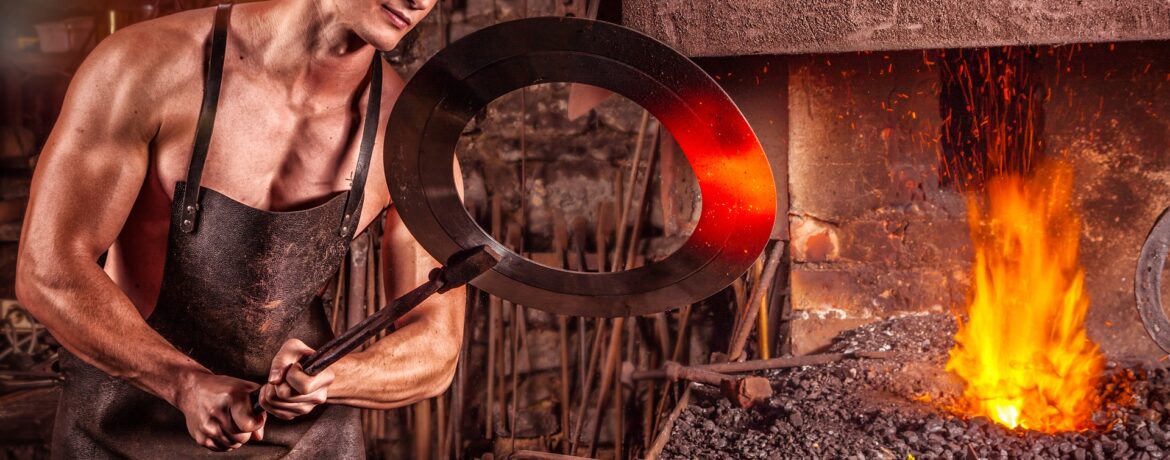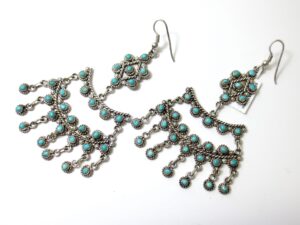Are you a business owner wondering what type of insurance your business needs? It’s important to assess your risks and protect your company from potential liabilities. Understanding the different types of insurance available can help you make informed decisions about what coverage is necessary for your specific situation.
General liability insurance can safeguard you against third-party claims, while property insurance can protect your physical assets. Professional liability coverage is essential for service-based businesses, and workers’ compensation insurance is required in most states to provide benefits to employees injured on the job.
By reviewing these options and considering additional coverage like cyber liability or commercial auto insurance, you can ensure that your business is properly protected against unforeseen circumstances.
Assessing Your Business Risks
You’ll want to take a close look at your business operations and imagine all the potential risks lurking around every corner. Consider factors such as the nature of your industry, the size of your company, and any unique aspects that could leave you vulnerable.
Think about possible scenarios like property damage, lawsuits, or employee injuries. By identifying these risks, you can better understand what type of insurance coverage will be most beneficial for your business.
It’s essential to assess not only current risks but also anticipate future challenges that may arise as your business grows. This proactive approach will help you choose the right insurance policies to protect your company from unforeseen circumstances.
Understanding General Liability Insurance
Understanding General Liability Insurance can provide peace of mind and protection for unforeseen incidents in your company. This type of insurance typically covers third-party bodily injury, property damage, and advertising injury claims. Here are four key points to consider when evaluating if general liability insurance is necessary for your business:
- Legal Protection: General liability insurance can help cover legal fees and settlements if your business is sued for negligence or damages.
- Property Damage: If a client’s property is damaged while on your premises, general liability insurance can help cover the costs of repairs or replacements.
- Bodily Injury: In the event that someone is injured on your property, general liability insurance can cover medical expenses and potential lawsuits.
- Advertising Injury: This coverage protects against claims of libel, slander, copyright infringement, and more related to your advertising efforts.
Exploring Property Insurance Options
When evaluating the protection of your assets, it’s important to explore various property insurance options available in the market. Property insurance helps safeguard your business against damage or loss of physical assets like buildings, equipment, inventory, and furniture.
One common type of property insurance is called ‘all-risk’ coverage, which protects against a wide range of risks unless specifically excluded in the policy. Another option is named-peril coverage, which only covers specific risks listed in the policy.
Additionally, you may want to consider business interruption insurance to help cover lost income if your operations are disrupted due to a covered event. By understanding these different property insurance options, you can better protect your business from unforeseen circumstances.
Considering Professional Liability Coverage
Consider the benefits of obtaining professional liability coverage to protect your assets and reputation in case of unexpected circumstances.
This type of insurance, also known as errors and omissions insurance, can safeguard your business from claims related to negligence, errors, or omissions in the services you provide.
Whether you’re a consultant, contractor, or other service-based business, professional liability coverage can offer financial protection if a client alleges that your work caused them harm.
By having this insurance in place, you can focus on running your business with peace of mind knowing that you have a safety net in place for potential legal expenses and settlements that may arise from professional mistakes.
It’s an essential safeguard for any business offering specialized services to clients.
Evaluating Workers’ Compensation Insurance
Explore the benefits of evaluating workers’ compensation insurance to protect your employees and your business from potential risks and liabilities.
- Workers’ compensation insurance provides coverage for medical expenses and lost wages for employees injured on the job.
- This can help prevent costly lawsuits and legal fees associated with workplace injuries.
- Having this type of insurance in place shows your commitment to employee well-being, which can boost morale and retention rates among staff members.
By carefully evaluating workers’ compensation insurance options, you can ensure that your business is adequately protected in the event of an employee injury or illness. It’s a crucial step in safeguarding both your workforce and the financial stability of your company.
Reviewing Additional Coverage Options
Reviewing additional coverage options can provide you with the peace of mind knowing that your employees are well-protected in various situations.
In addition to workers’ compensation insurance, consider other types of coverage that may benefit your business.
For instance, general liability insurance can protect your company from claims related to property damage or bodily injury.
Professional liability insurance is another option to safeguard against lawsuits stemming from errors or negligence in services provided.
Cyber liability insurance is essential in today’s digital age to protect against data breaches and cyber attacks.
By thoroughly reviewing these additional coverage options, you can ensure that your business is adequately protected from potential risks and liabilities.
Frequently Asked Questions
How can I determine the right amount of coverage for my business insurance needs?
To determine the right amount of coverage for your business insurance needs, consider factors like the size of your business, industry risks, and potential liabilities.
Conduct a thorough risk assessment to identify areas where you may need coverage.
Consult with insurance professionals to help you understand different policy options and ensure you have adequate protection for your specific business needs.
Review and update your coverage regularly as your business grows and changes.
Are there any industry-specific insurance requirements or recommendations I should be aware of?
Be sure to research any industry-specific insurance requirements or recommendations that may apply to your business.
Different industries have unique risks and regulations, so it’s important to understand what coverage is necessary to protect your company adequately.
Consult with an insurance agent who specializes in your field to ensure you have the right policies in place.
What steps should I take if my business experiences a major loss or claim?
If your business experiences a major loss or claim, the first step is to report it to your insurance provider as soon as possible. They’ll guide you through the claims process and help you understand what documentation is needed.
Make sure to document all damages and losses with photos and receipts. Keep communication open with your insurance company throughout the process to ensure a smooth resolution.
How often should I review and update my business insurance coverage?
You should review and update your business insurance coverage at least once a year.
This ensures that your policy aligns with any changes in your business operations, assets, or liabilities.
By taking the time to regularly assess your insurance needs, you can make sure you have the right coverage to protect against potential risks and losses.
It’s always better to be proactive than reactive when it comes to insurance.
Are there any tax implications or benefits associated with certain types of business insurance policies?
When considering tax implications or benefits related to business insurance, it’s essential to consult with a tax professional.
Certain types of policies, like health insurance for employees or liability coverage, may offer tax deductions.
On the other hand, premiums for some policies may not be deductible.
Understanding these nuances can help you make informed decisions about your business insurance and its impact on your taxes.
Conclusion
In conclusion, understanding the risks your business faces is key to determining the type of insurance coverage you need.
General liability insurance protects against third-party claims, while property insurance covers physical assets.
Professional liability coverage is essential for service-based businesses, and workers’ compensation provides financial assistance in case of employee injuries.
By evaluating these factors and considering additional coverage options, you can ensure your business is properly protected from potential risks.…



